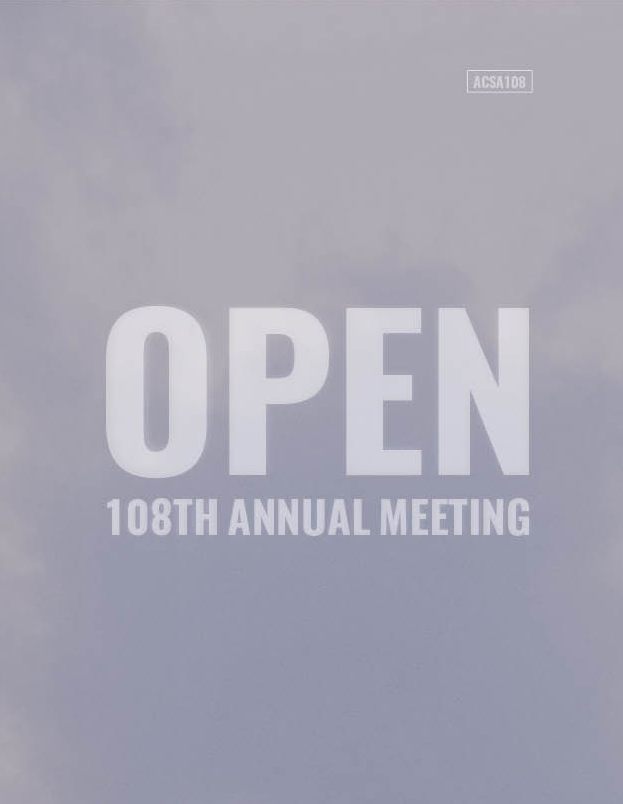Author(s): Steven Lauritano
Imagine an architectural history survey course in which the diversity of interpretive approaches takes precedence over any attempted comprehensiveness of content. This paper examines the merits, and possible pitfalls, of such a class. Instead of asking students to work through a single textbook, an “eclectic survey” presents a chapter from a different book every week with each chapter carefully selected to highlight a distinctive interpretive tradition: Sigfried Giedion on Paleolithic Europe, Vibhuti Sachdev on Ancient South Asia, George Kubler on Ancient America . . . and so on. Together with the relevant details of buildings and artifacts, lectures in an “eclectic survey” course unpack the contexts and strategies that shaped each author’s approach to history. Working through such historiographical variety poses challenges for students and instructors alike, but the difficulties created by this “eclectic” approach are worth embracing – or so this paper argues – to the extent that they escape the expansionist mode of today’s global surveys, many of which are fueled by the misguided belief that an ever-more-granular expertise will one day deliver an all-encompassing picture of historical reality. If history has taught us anything, it is that its own interpretation remains perpetually in flux. Historians’ methodologies shift, often seismically, from one generation to the next. Why not equip architectural students to understand such changes and their motivations? Ultimately, an architectural survey guided by an ethos of eclecticism creates a better framework to discuss the consequences of choices historians have made and are still making.
https://doi.org/10.35483/ACSA.AM.108.95
Volume Editors
ISBN
978-1-944214-26-5

 Study Architecture
Study Architecture  ProPEL
ProPEL 
